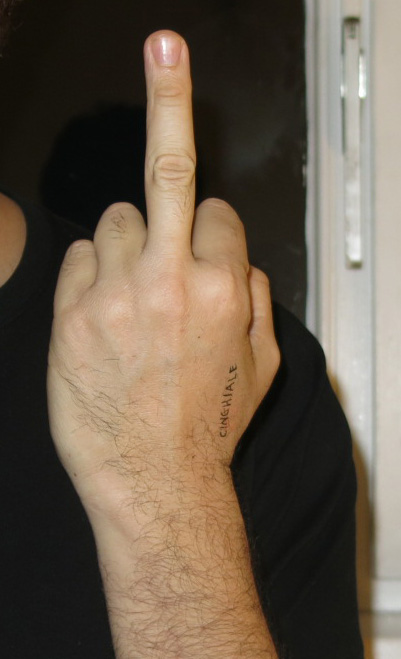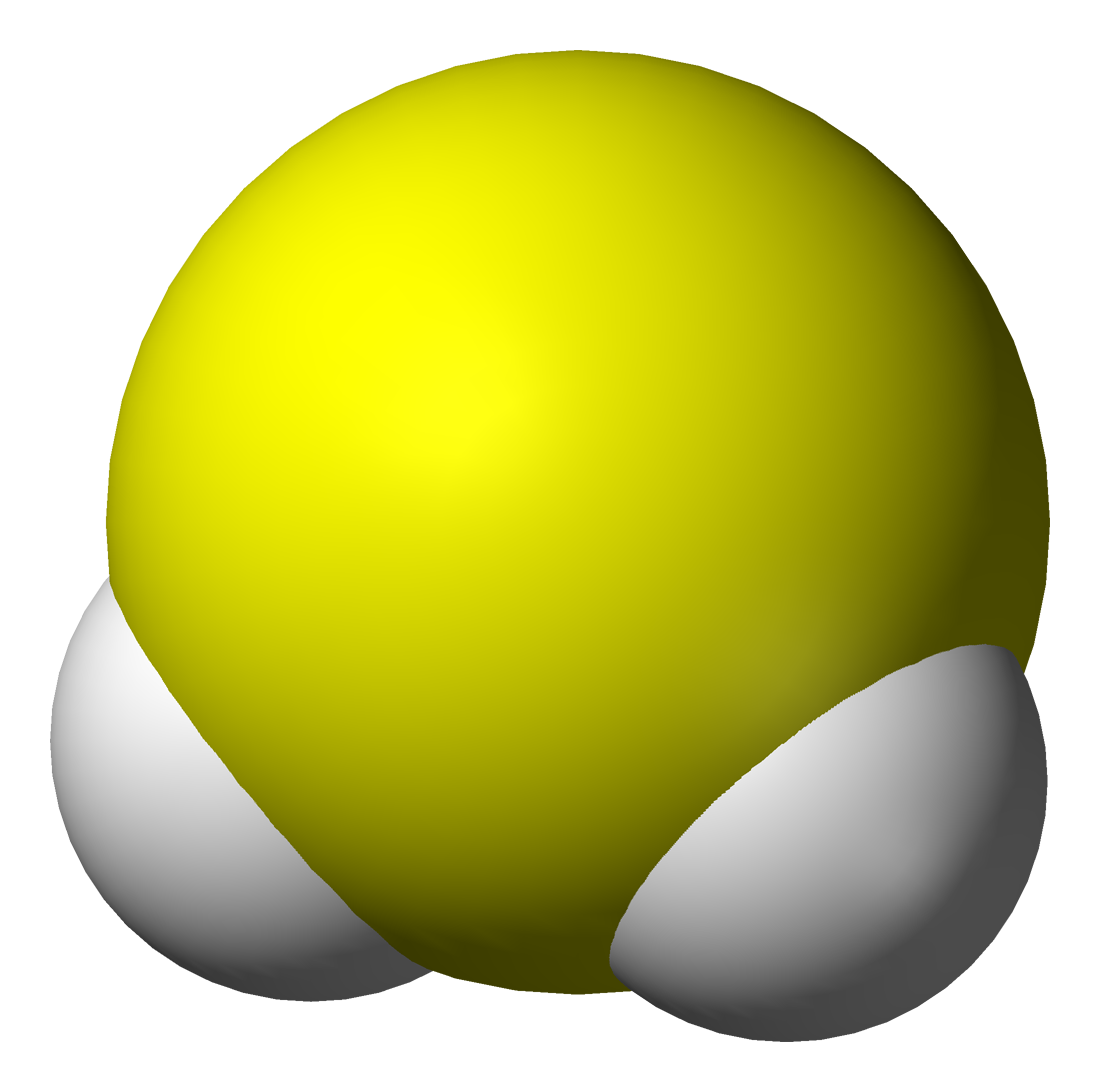|
Copropraxia
Copropraxia is a tic consisting of involuntarily performing obscene or forbidden gestures, or inappropriate touching.Shimberg, Elaine Fantle (1995). ''Living with Tourette Syndrome''. New York: Simon & Schuster. p. 31. The word comes from the Greek (), meaning "feces", and (), meaning "action". Copropraxia is a rare characteristic of Tourette syndrome. Related terms are coprolalia, referring to involuntary usage of profane words, Dictionary.com, Accessed 21 November 2006. and coprographia
Coprographia is involuntarily making vulgar writings or drawings. The word comes from the Greek (), meaning "feces", and (), meaning "writing". Related terms are coprolalia
Coprolalia ( ) is involun ...
[...More Info...] [...Related Items...] OR: [Wikipedia] [Google] [Baidu] |
Tourette Syndrome
Tourette syndrome (TS), or simply Tourette's, is a common neurodevelopmental disorder that begins in childhood or adolescence. It is characterized by multiple movement (motor) tics and at least one vocal (phonic) tic. Common tics are blinking, coughing, throat clearing, sniffing, and facial movements. These are typically preceded by an unwanted urge or sensation in the affected muscles known as a premonitory urge, can sometimes be suppressed temporarily, and characteristically change in location, strength, and frequency. Tourette's is at the more severe end of a spectrum disorder, spectrum of tic disorders. The tics often go unnoticed by casual observers. Tourette's was once regarded as a rare and bizarre syndrome and has popularly been associated with coprolalia (the utterance of obscene words or socially inappropriate and derogatory remarks). It is no longer considered rare; about 1% of school-age children and adolescents are Tourette syndrome#Epidemiology, estimated to hav ... [...More Info...] [...Related Items...] OR: [Wikipedia] [Google] [Baidu] |
Coprolalia
Coprolalia ( ) is involuntary swearing or the involuntary utterance of obscene words or socially inappropriate and derogatory remarks. The word comes from the Ancient Greek language, Greek (), meaning "dung, feces", and () "speech", from () "to talk". Coprolalia is an occasional characteristic of tic disorders, in particular Tourette syndrome, although it is not required for a diagnosis of Tourette's and only about 10% of Tourette's patients exhibit coprolalia. It is not unique to tic disorders; it may also present itself as a neurological disorder. Coprolalia is one type of coprophenomenon. Other coprophenomena include the related symptoms of copropraxia, involuntary actions such as performing obscene or forbidden gestures, and coprographia, making obscene writings or drawings. Characteristics Coprolalia encompasses the uncontrollable utterance of words and phrases that are culturally taboo or generally unsuitable for acceptable social use, when used out of context. The ter ... [...More Info...] [...Related Items...] OR: [Wikipedia] [Google] [Baidu] |
Coprographia
Coprographia is involuntarily making vulgar writings or drawings. The word comes from the Greek (), meaning "feces", and (), meaning "writing". Related terms are coprolalia Coprolalia ( ) is involuntary swearing or the involuntary utterance of obscene words or socially inappropriate and derogatory remarks. The word comes from the Ancient Greek language, Greek (), meaning "dung, feces", and () "speech", from () "to ..., the involuntary usage of obscene and/or profane words, Dictionary.com, Accessed 21 November 2006. and copropraxia, the involuntary performance of obscene gestures.Schapiro NA. "Dude, you don't have Tourette's": Tourette's syndrome, beyond the tics. ''Pediatr Nurs.'' 2002 May-Jun;28(3):243-6, 249-53. It shou ... [...More Info...] [...Related Items...] OR: [Wikipedia] [Google] [Baidu] |
Obscene Gestures
An obscene gesture is a movement or position of the body, especially of the hands or arms, that is considered exceedingly offensive or vulgar in some particular cultures. Such gestures are often sexually suggestive. The finger Although "the finger" has been called "the universal sign of disrespect", it is not truly universal. For example, in Japanese Sign Language, when the palm is facing out, it is recognized as the character せ . Many other gestures are used in addition to, or in lieu of, the finger in various parts of the world to express the same sentiment. In some parts of the world, "the finger" does not have any meaning at all. In India, Pakistan, and Sri Lanka, the social circles exposed to the western cultures use the middle finger gesture in the same sense that it is used in those cultures. The same is true for most South Asian countries. In Portugal, this gesture is also called "Pirete" or "Manguito". In Russia, the middle finger is used to simply point (usually at ... [...More Info...] [...Related Items...] OR: [Wikipedia] [Google] [Baidu] |
Ancient Greek Language
Ancient Greek (, ; ) includes the forms of the Greek language used in ancient Greece and the classical antiquity, ancient world from around 1500 BC to 300 BC. It is often roughly divided into the following periods: Mycenaean Greek (), Greek Dark Ages, Dark Ages (), the Archaic Greece, Archaic or Homeric Greek, Homeric period (), and the Classical Greece, Classical period (). Ancient Greek was the language of Homer and of fifth-century Athens, fifth-century Athenian historians, playwrights, and Ancient Greek philosophy, philosophers. It has contributed many words to English vocabulary and has been a standard subject of study in educational institutions of the Western world since the Renaissance. This article primarily contains information about the Homeric Greek, Epic and Classical periods of the language, which are the best-attested periods and considered most typical of Ancient Greek. From the Hellenistic period (), Ancient Greek was followed by Koine Greek, which is regar ... [...More Info...] [...Related Items...] OR: [Wikipedia] [Google] [Baidu] |
Feces
Feces (also known as faeces American and British English spelling differences#ae and oe, or fæces; : faex) are the solid or semi-solid remains of food that was not digested in the small intestine, and has been broken down by bacteria in the large intestine. Feces contain a relatively small amount of metabolic waste products such as bacterially-altered bilirubin and dead epithelial cells from the lining of the gut. Feces are discharged through the anus or cloaca during defecation. Feces can be used as fertilizer or soil conditioner in agriculture. They can also be burned as dry animal dung fuel, fuel or dried and used for wattle and daub, construction. Some medicinal uses have been found. In the case of human feces, fecal transplants or fecal bacteriotherapy are in use. Urine and feces together are called excretion, excreta. Characteristics The distinctive odor of feces is due to skatole, and thiols (sulfur-containing compounds), as well as amines and carboxylic acids. Sk ... [...More Info...] [...Related Items...] OR: [Wikipedia] [Google] [Baidu] |
Symptoms And Signs: Nervous System
Signs and symptoms are diagnostic indications of an illness, injury, or condition. Signs are objective and externally observable; symptoms are a person's reported subjective experiences. A sign for example may be a higher or lower temperature than normal, raised or lowered blood pressure or an abnormality showing on a medical scan. A symptom is something out of the ordinary that is experienced by an individual such as feeling feverish, a headache or other pains in the body, which occur as the body's immune system fights off an infection. Signs and symptoms Signs A medical sign is an objective observable indication of a disease, injury, or medical condition that may be detected during a physical examination. These signs may be visible, such as a rash or bruise, or otherwise detectable such as by using a stethoscope or taking blood pressure. Medical signs, along with symptoms, help in forming a diagnosis. Some examples of signs are nail clubbing of either the fingernails or toe ... [...More Info...] [...Related Items...] OR: [Wikipedia] [Google] [Baidu] |



